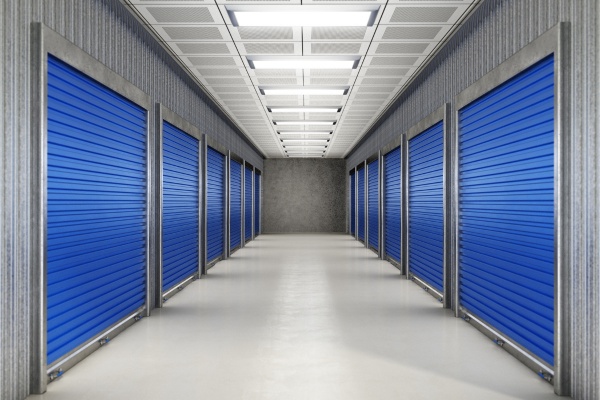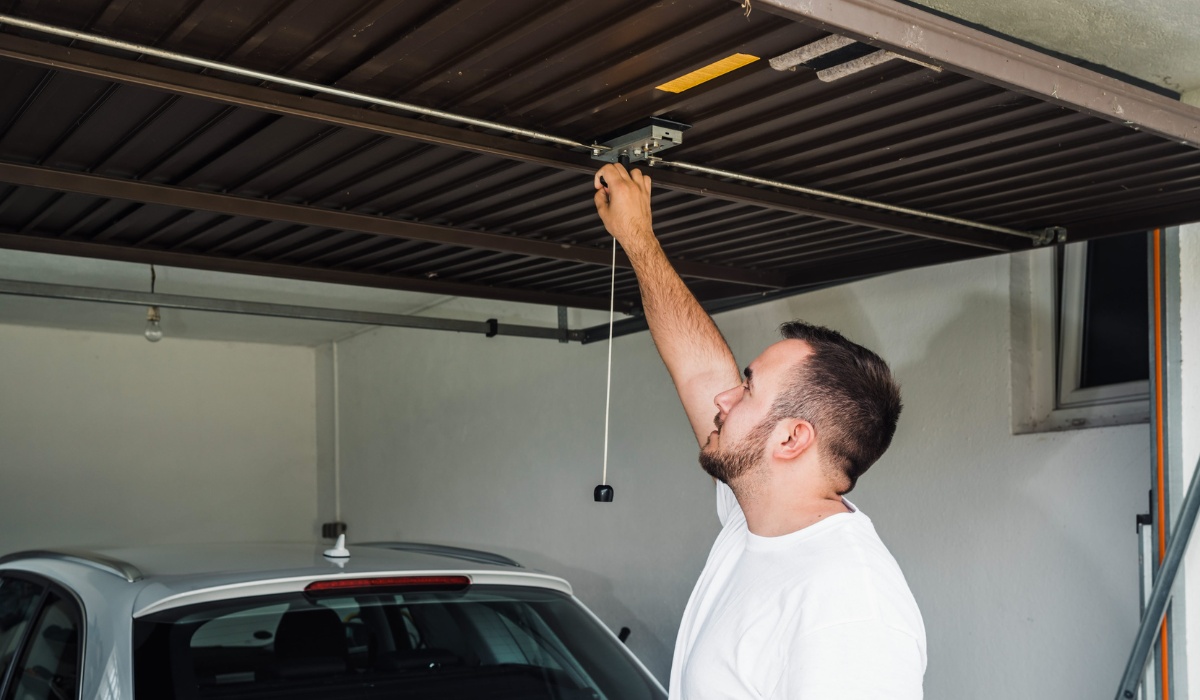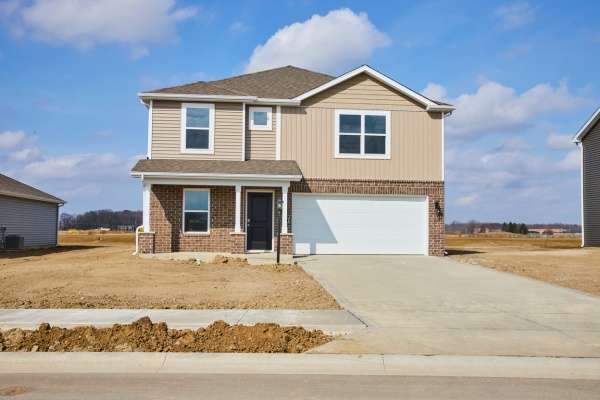Is your garage door making strange noises? Opening slowly? Or perhaps refusing to budge altogether? Don't let a malfunctioning garage door disrupt your daily routine. This comprehensive guide dives into the most common garage door problems, offering practical solutions and preventative maintenance tips to keep your garage door operating smoothly for years to come.
What are the most common garage door problems?
Garage doors, while seemingly simple, are complex systems with several potential points of failure. Common problems range from minor inconveniences to significant safety hazards. Understanding these issues is the first step towards resolving them efficiently. Many issues stem from wear and tear, while others might be caused by improper use or lack of regular maintenance. Some of the most frequently reported issues include broken springs (torsion or extension), doors coming off their tracks, noisy operation, slow opening or closing speeds, and remote control malfunctions. Regular lubrication, safety checks and prompt repairs are key to preventing these problems and ensuring a smooth operating system.
- Broken springs Doors off track Noisy operation Slow opening/closing Remote control issues
Top 5 Signs Your Garage Door Needs Repair:
- Unusual Noises During Operation Door Opens or Closes Slowly Visible Damage to Springs or Tracks Door is Difficult to Open or Close Manually Remote Control is Unresponsive
How can I identify a broken garage door spring?
Garage door springs, whether torsion or extension, are under immense tension. A broken spring is often accompanied by a loud bang or snapping sound. Other signs include a door that is noticeably heavier on one side or completely unable to lift. The imbalance caused by a broken spring can be dangerous. Never attempt to repair a broken spring yourself; this task should be left to professionals due to the high tension and potential for serious injury. If you observe any visible damage or unusual noises coming from your springs, contact a garage door repair service immediately. Remember, safety should always be the top priority.
What should I do if my garage door is off track?
A garage door coming off track is a common problem, usually caused by forceful operation or objects obstructing the path of the door. If your door is slightly off track, you might be able to gently realign it yourself. However, attempting to force it back into place could cause further damage. Start by carefully inspecting the tracks for any bends or obstructions. If you see minor misalignments, try to gently coax the door back onto the track. If you are unable to realign the door safely or if the tracks are damaged, call a qualified professional. Never attempt to force a heavily off-track door – this could lead to injury or further damage.

Why is my garage door so noisy?
A noisy garage door is more than just an annoyance; it can be a sign of impending problems. Excessive noise often points to worn rollers, loose hardware, or a lack of lubrication. Regularly lubricating the moving parts of your garage door system, including rollers, hinges, and tracks, can significantly reduce noise and prolong the life of your door. Ignoring persistent noise can lead to more significant issues down the line. If lubricating doesn't resolve the noise, a thorough inspection by a professional might be necessary to identify and fix the underlying problem. Worn or damaged rollers are a frequent culprit for squeaking and grinding sounds.
My garage door is slow to open. What could be the issue?
A slow-opening garage door can be caused by a variety of factors, ranging from simple fixes to more complex repairs. Problems with the motor, a weakened spring, or issues with the chain or belt drive could be to blame. Low battery power in your garage door opener can also cause slow operation. Check your opener's power supply and replace the batteries if necessary. If the problem persists, check for obstructions in the door's path. For more complex issues, such as motor problems or chain/belt drive issues, professional assistance may be required. Slow operation can indicate a more significant problem that requires timely attention.
How can I fix a stuck garage door?
A stuck garage door can be frustrating and even dangerous. Before attempting any repairs, ensure the door is disconnected from the opener to prevent accidental movement. Start by inspecting for obvious obstructions in the door's path – anything from toys to debris could be causing the problem. If there are no visible obstructions, check the cables, making sure they're intact and not tangled. For more serious issues, like a jammed track or a problem with the springs, calling a professional garage door repair technician is the safest course of action. Avoid forcing the door open, as this could lead to further damage.

What are common remote control problems for garage doors?
Remote control issues are relatively common, often stemming from dead batteries, interference from other devices, or misaligned sensors. Begin by replacing the batteries in your remote. If this doesn't resolve the issue, check for obstructions that might be interfering with the signal. You might need to reprogram your remote if it's been a while since you last used it or if you've changed the opener's settings. If reprogramming and basic troubleshooting steps don't solve the problem, it might be time for a new remote or a check of the opener's sensor alignment.
How do I maintain my garage door to prevent problems?
Regular maintenance is key to preventing expensive repairs and ensuring the safety of your garage door system. Schedule regular inspections (at least once a year) to check for signs of wear and tear, such as rust, loose bolts, or damaged parts. Lubricating the moving parts is crucial; use a silicone-based spray lubricant on the rollers, hinges, and tracks. https://writeablog.net/fridiefesz/conquer-your-garage-door-challenges-a-2025-guide-to-repair-and-installation Also, ensure your garage door opener is properly aligned and the safety sensors are working correctly. Preventative maintenance will ensure your garage door operates smoothly and safely for many years to come.
What are the best garage door brands?
Choosing a reliable garage door brand is crucial for longevity and performance. While specific brand recommendations vary based on individual needs and preferences, reputable manufacturers offer doors with robust designs and high-quality components. Researching reviews and considering factors like material, insulation, and warranty can help you make an informed decision.
How often should I have my garage door inspected?
A yearly inspection by a qualified technician is recommended to identify potential issues before they become major problems. Professional inspections go beyond basic visual checks; technicians assess the mechanical aspects and safety mechanisms to guarantee proper functionality. This proactive approach helps prevent accidents and extends the lifespan of your garage door system.
Seasonal Maintenance Tips
Seasonal changes can impact your garage door's performance. In colder climates, ice and snow accumulation can damage the tracks and rollers, while extreme heat in summer can lead to increased wear and tear. Regular cleaning and lubrication during the transitional seasons are crucial to keep your garage door operating smoothly throughout the year. Additionally, you may need to adjust limit switches depending on seasonal expansion and contraction of the door materials.
FAQ Section
FAQ 1: What happens if you ignore garage door problems? Ignoring garage door problems can lead to increased damage, potentially resulting in expensive repairs or even complete replacement. Furthermore, malfunctioning garage doors can pose safety hazards, particularly for children and pets. Addressing issues promptly is crucial for both safety and cost-effectiveness.
FAQ 2: Can I repair my garage door myself? While some minor adjustments and maintenance tasks are manageable for DIY enthusiasts, complex repairs, like spring replacements or track realignment, should always be left to qualified professionals. Attempting these repairs without proper training can lead to injury or further damage.
FAQ 3: How much does it typically cost to repair a garage door? The cost of garage door repair varies significantly depending on the nature and extent of the damage. Minor repairs may cost a few hundred dollars, while more substantial issues, such as spring replacement, can run into several hundred dollars or more. It's always best to obtain a quote from a qualified technician before proceeding with any repairs.
FAQ 4: How long do garage door springs last? The lifespan of garage door springs varies depending on usage, maintenance, and the quality of the springs themselves. However, you can expect springs to last approximately 7-9 years on average, but this can vary significantly. Regular inspections and lubrication can help to extend their life.
Regular maintenance and prompt attention to problems are crucial for maintaining the efficiency and safety of your garage door. Whether you’re tackling a minor adjustment or require professional help, understanding common issues empowers you to keep your garage door operating smoothly for years to come. Don't hesitate to contact a qualified technician for any repairs or maintenance beyond your expertise.
